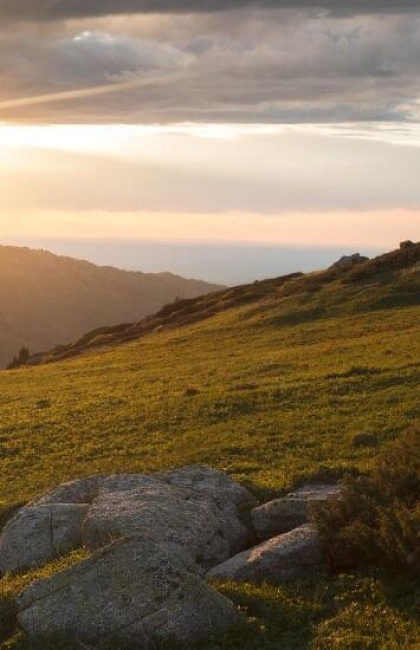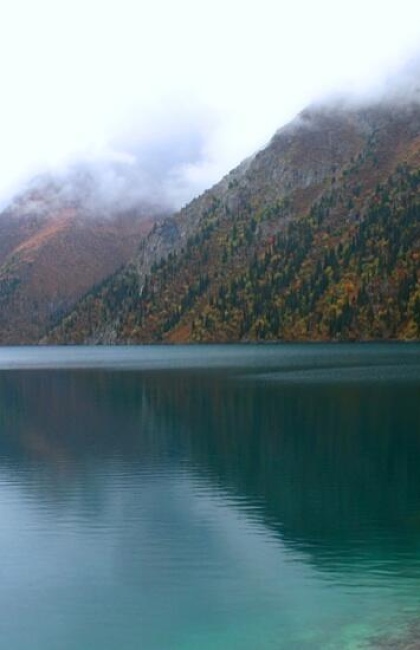The Village of Lepsi
In the heart of a national park
Lepsi (formerly known as Lepsinsk) is a village with a history dating back to 1846. Situated in the Jetysu Region, Lepsi lies near the Chinese border, in the upper reaches of the Lepsy River, which originates in the Dzungarian Alatau Mountains.
Lepsi is surrounded by mountain rivers, lakes, and gorges. In 2010, Zhongar-Alatau National Park was created in this region, with its administrative office based in Lepsi. The village serves as an ideal launchpad for exploring many of the park's attractions, such as the stunning Lake Jasylkol, just 15 kilometers (9 mi) away.
Remarkably, this region has earned a reputation for its honey production, thanks to the profusion of flowers and plants that create an ideal environment for beekeepers. In the heart of Lepsi, a honey factory produces honey that is celebrated not only within our borders but also well beyond.
A Glimpse into History
This region holds historical significance for Kazakhstan. Here, the pivotal agreement for the annexation of the Senior Juz (territories of southern and southeastern Kazakhstan) by the Russian Empire was signed. This measure was deemed essential, as the Kazakhs were unable to protect their lands against the Jungars and Chinese and sought the Russian Empire's protection. In that very year, a Cossack settlement was established to safeguard the state's border. Over time, the territory began to be inhabited by regular citizens. In the pre-revolutionary era, Lepsinsk gained recognition for its brick factory, renowned for producing top-quality and durable bricks.
How to get there?
The journey from Almaty to Lepsi covers a distance of 552 km (343 mi) along the Almaty–Ust-Kamenogorsk highway. If you opt for the route through Taldykorgan, the mileage will be longer.
To make the most of your visit and explore the region, it's advisable to consider a guided tour, which typically spans several days. There are various tour options available, allowing you to discover the wonders of this incredible area, including the village itself.


_420x650_4ab.jpg)
_420x650_4ab.jpg)

_420x650_4ab.jpg)